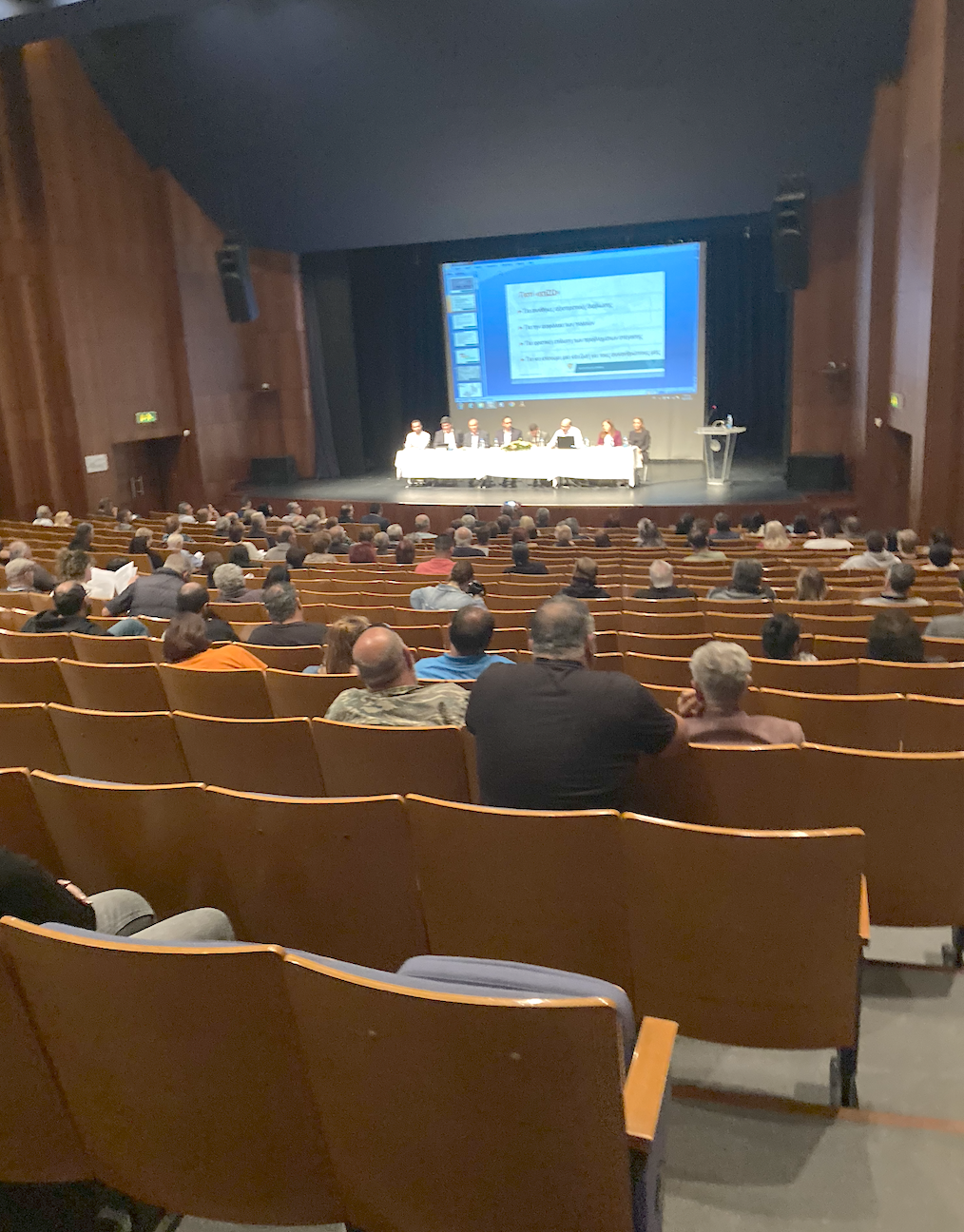Community outcry in public housing refurbishments
Posted on 03-06-2023
Since its establishment, the Republic of Cyprus has enacted housing policy geared towards the enabling of individual homeownership. Important plans included the large state housing estates in many cities across the island, built for people internally displaced by the 1974 division of the island. The houses and apartments have since been transferred to the residents’ own private ownership. Programmes for their rehabilitation have been put forward ever since, but only recently has a comprehensive policy been put together for a national plan to either demolish and rebuild, or refurbish the aging government-built estates.
The plan named "Grant Scheme for Existing Multifamily Housing in Government Housing Estates for Displaced Persons" was prepared on the basis of the findings of the structural/seismic evaluation study of a total of 358 existing apartment buildings, accounting for 3,128 apartments in total. On the basis of this study and the structural problems of the apartment buildings, a preliminary decision was made to demolish 43 of them, taking into account social, economic and legal aspects, in order to enable the Scheme's immediate implementation. The total cost of implementing the 10-year Grant Scheme is estimated at a maximum of €130 million and will be financed exclusively from national funds. The Scheme provides for the development of open space within the Government Housing Estates themselves for the construction of new apartment buildings which will replace the ones being demolished.
The first stage of the Scheme requires the decision of the eligible residents to participate in the Scheme and to receive a new apartment (with appropriate sponsorship and contribution), or to withdraw from the Scheme and receive a lump sum of the existing apartment and land value attributable to them. However, there has been a very strong backlash by the residents who have been living in these buildings under worsening conditions of disrepair during the past decades.
The most contentious issues have been the provision of rental subsidies and the provision of the lump sum received by those wishing to not participate in the Scheme. For those participating, until the new buildings are constructed, they will have to evacuate the existing buildings and seek rent in the private sector or use the subsidies as they wish while finding accommodation at a friend or a relative, for a period of 24 months and a sum determined by their eligibility status. The largest subsidy amount goes to 1st generation displaced persons and original beneficiaries of the apartments, who are also holders of title deeds. However, the subsidies of a one bedroom apartment being €400 per month, a two bedroom €600 per month and a three bedroom €700 per month are lower than average market prices.
For the lump sum recipients, a one-bedroom apartment is valued at €30,000, a two-bedroom apartment at €40,000, and a three-bedroom apartment at €50,000. An example of a plot valued at €180,000 as stated in the Scheme, is divided by 9 homeowners, adding a value of €20,000 for each apartment. During a recent public hearing in Nicosia, many residents voiced their indignation to such a low amount, stating that it will be impossible to find any one-bedroom apartments in the private market sold at €50,000.
During the public hearing, strong disagreements were also heard by people in buildings aimed for refurbishment. As the residents of the apartment buildings most often have low or very low incomes, they were unable to repair serious issues such as water penetration, mould and deteriorating structural elements for years. They had to wait for state maintenance workers to come to do the work, and according to the residents, did few repairs, hastily and without much effort. For those residents who spent the little money that they had on essential repairs themselves, it seemed unfair and illogical that they will be receiving subsidies to refurbish the buildings again after the work had been already carried out.
Due to such serious shortcomings in truly understanding the above practicalities and the large scope of needs of the Government Housing Estates residents, the policy has been widely discussed in the local media.
Arguably, the lack of consultation with the residents of the housing estates before the preparation of the strategy for their rebuilding and refurbishment has been the largest mistake that the state planners could have done. Confronting perhaps one of the most sensitive housing matters in Cyprus, the top-down strategy that the Planning Department followed in preparing the above Scheme points to the serious inadequacies in the planning system and the failures of hegemonic urban governance institutions in general.
This case study is aligned with the “Design, planning and building” and “Community Participation” of the Re-Dwell project research areas. The government of Cyprus is evidently administering planning system which restricts community participatory processes and offers little transparency in the ways that decisions are made. In general, a real lack of community planning is evident and new housing policies such as the one examined in this case study do little to ensure the affordability or social sustainability of new social housing.


